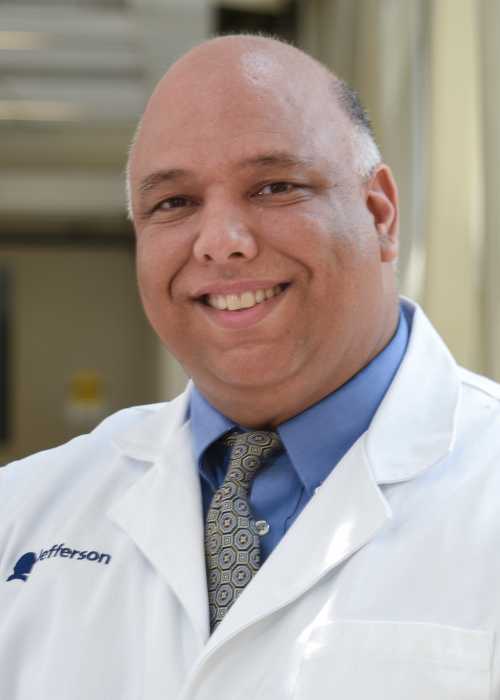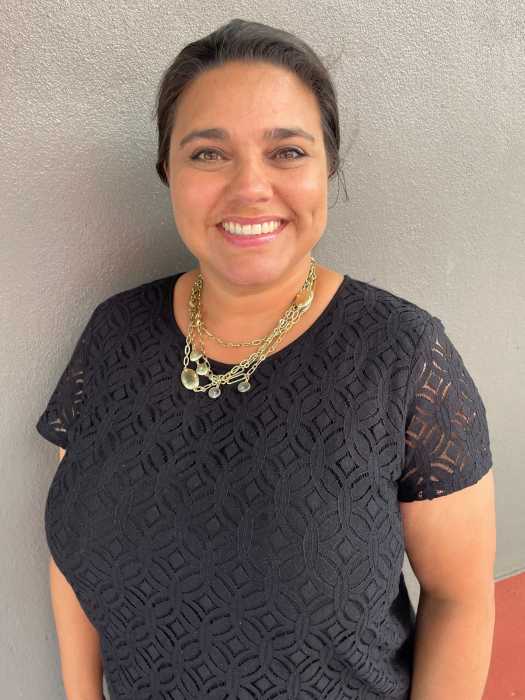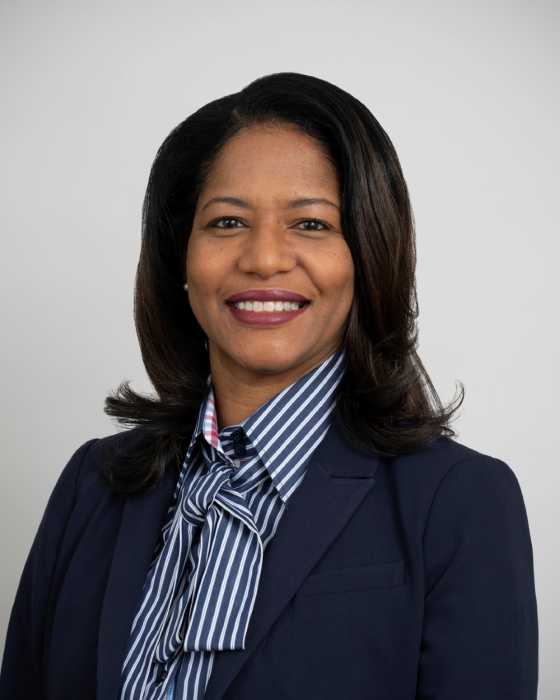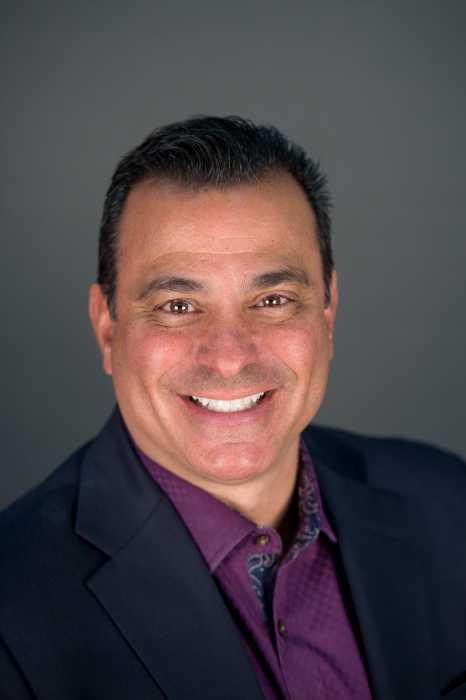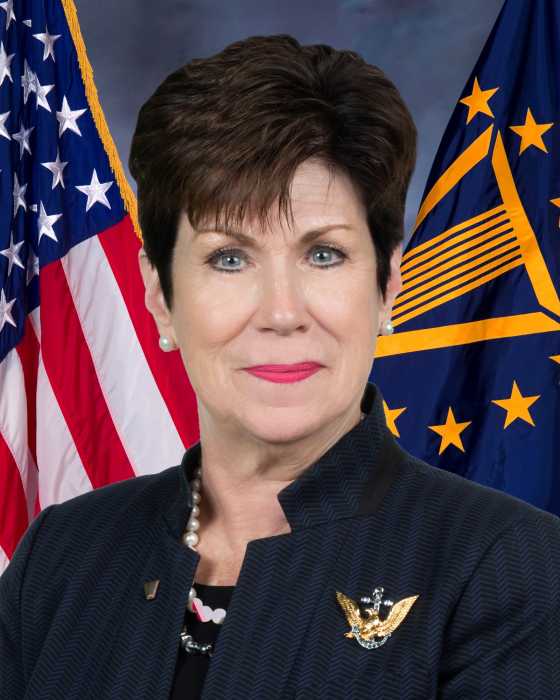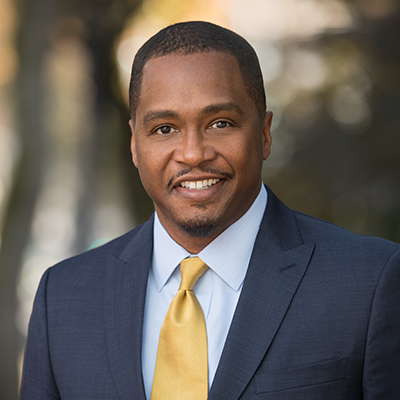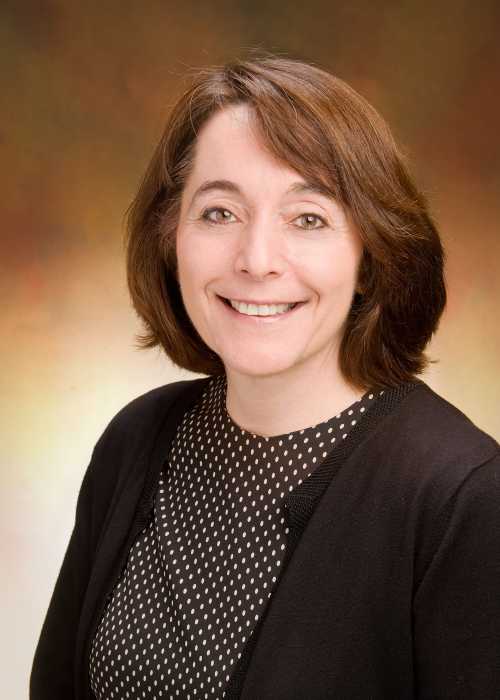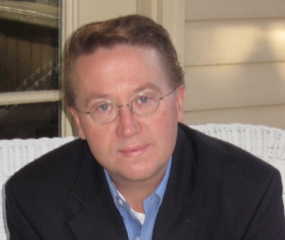Dr. Victor A. Diaz is a family medicine physician in Philadelphia. In 1986, he received his medical degree from Pontificia Universidad Católica Madre y Maestra’s School of Health Sciences in the Dominican Republic, and has been in practice for over 30 years. He completed his internship and family medicine residency at Chestnut Hill Hospital and completed a faculty development fellowship at Jefferson’s Department of Family and Community Medicine. Dr. Diaz is currently an assistant professor at Thomas Jefferson University. He speaks English and is fluent in Spanish.
What can Pennsylvania policymakers do to ensure equitable access to quality healthcare?
Despite the many advances in health equity, our clinical settings are still falling short in things as simple as having linguistically and culturally appropriate signage for visitors or phone prompts for callers in languages other than English. I would like the policymakers to advocate for funded mandates to provide these services and also for the recruitment and retention of trained, bilingual support staff who are appropriately compensated–not only for the clinical work they do, but also for the additional interpretative service they provide to our non-English speaking patients.
When and why did you decide to pursue a career in healthcare?
My biggest influence was my father, who was a general surgeon and a general practitioner. I grew up in New York City surrounded by physicians, especially Hispanic physicians, and their impact on me was evident from a very young age. For as long as I can remember, my extended family has always put a high value on service, health equity, and education.
How do you see the healthcare industry evolving in the next five years?
If the industry truly wants to reduce burnout and retain its workforce, it needs to embrace a work-life balance, focus on providing value-based healthcare, expand mental health services, and overhaul elderly care, especially some of the deplorable circumstances witnessed in so many of our senior living and nursing homes. We also need to advocate for the elimination of the overwhelming amount of paperwork we have to deal with daily. Despite the implementation of electronic medical record systems, it seems we can’t come out from under a steady stream of forms and other hard-copy documents.



